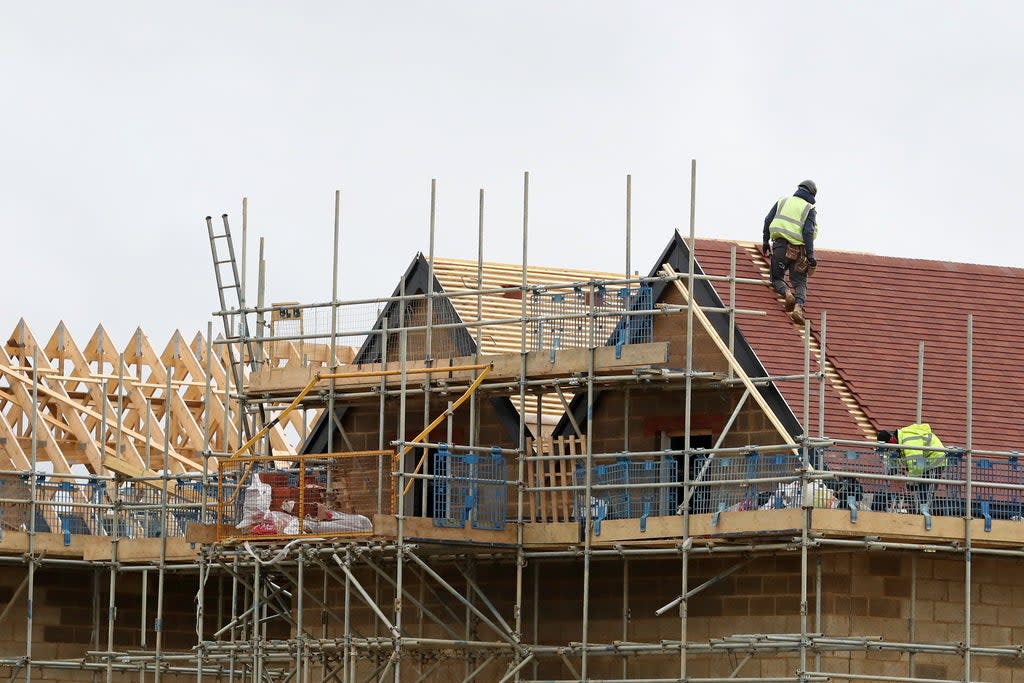Building sector faces ‘perfect storm’ from inflation and staff shortages

The building industry is facing a “perfect storm” due to inflationary pressures hiking prices of materials combined with logistics issues and staff shortages.
According to the latest Builders Merchant Building Index from national trade body the Builders Merchants Federation (BMF) prices of materials skyrocketed by 16% during the first quarter of the year and the value of sales across Britain rose by 17.7% during the period compared to the previous year raising the possibility of product shortages due to supply issues .
Heavy building materials including bricks, blocks and cement increased by 17.4% against a 5% rise in sales volume, according to the survey. Timber and joinery rose 21.4%, but sales volume dropped by 11.3%. Landscaping products saw a drop of 3.5% in sales volume against an inflation hike of 14.4%.
John Newcomb, CEO of the BMF, said: “We’ve had a perfect storm of Covid, Brexit and now Ukraine and on top of that we now have the threat of rail strikes. It literally has been one crisis to the next.
“Inflation is definitely the biggest issue now, but with labour that is gradually creeping up as the next problem.”
A UK-wide train strike currently being called for by union the RMT would also have a serious impact on construction material supplies, according to Newcomb.
He added: “The industry is a very important part of the economy, it’s 9% of GDP and we employ just over three million people in the construction industry. If construction catches a cold, then the economy gets flu.”
Brian Berry, CEO of the Federation of Master Builders, added: “An inflation rate of 16% for raw materials will make things even tougher for small and medium sized building companies.
“The government needs to acknowledge the problem of these supply chain pressures to help more consumers become aware of the pressures facing local builders and the impact it is having on building costs.”

 Yahoo News
Yahoo News 
